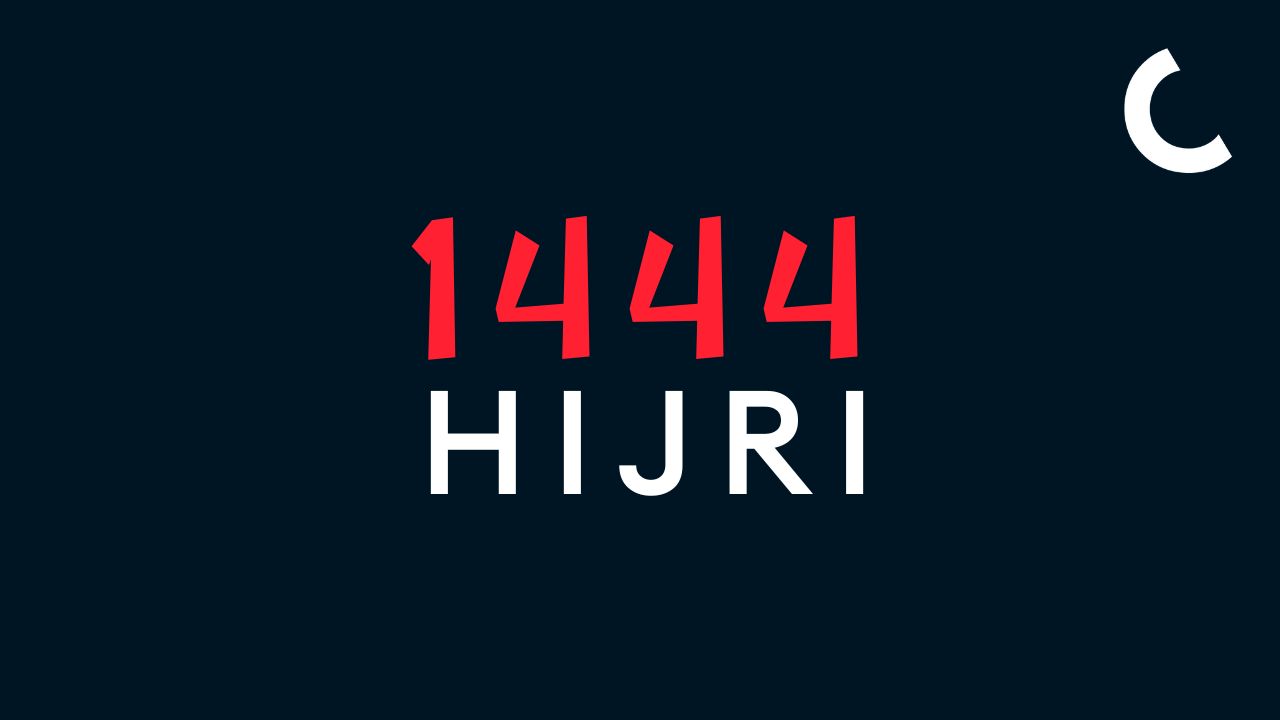31st July 2022 corresponds to the 1st of Muharram 1444 according to the Islamic calendar. Muharram marks the beginning of the Islamic new year or the Hijri new year.
The Islamic calendar, also called the Hijri calendar, is a lunar calendar with 12 months starting with Muharram followed by Safar, Rabi al-awwal, Rabi al-Thani, Jumada al-awwal, Jumada al-Thani, Rajab, Shaban, Ramadan, Shawwal, Dhul Qadah and Dhul Hijjah. Each month starts with the sighting of the moon.
Muharram is one of the four sacred months of the year when warfare is forbidden.
“The year is of twelve months, out of which four months are sacred: Three are in succession Dhul-Qa’ da, Dhul-Hijjah and Muharram, and (the fourth is) Rajab…” (Bukhari 3197)
When did the Islamic calendar begin?
The Islamic calendar or Hijri begins with the migration of the Prophet Muhammad (PBUH) and his companions from Makkah to Madinah in 622 AD after years of persecution.
The second caliph, Umar ibn al-Khattab, designated the migration, which is regarded as one of the most significant events in Islamic history, as the beginning of the calendar in 639 AD.
Muslims utilise the Hijri calendar to identify significant events like the start of Ramadan, the conclusion of it with Eid al-Fitr, the beginning of the Hajj pilgrimage, and Eid al-Adha.
How do Muslims celebrate Islamic New Year?
There are no reports of the Prophet Muhammad or his companions celebrating or wishing each other on the first day of the Islamic new year. Prior to the reign of Umar ibn al-Khattab, the early Muslims did not consider the first of Muharram to be the first day of the new year.
According to Sheikh Muhammad ibn al-Uthaymeen, if someone extends congratulations on the first day of the new year, but asked Muslims to refrain from initiating such greetings.
Imam Ahmad ibn Hanbal said: “I do not initiate the greeting but if someone greets me I return the greeting because responding to the greeting is obligatory. But being the first to offer congratulations is neither Sunnah nor forbidden.
Related












































